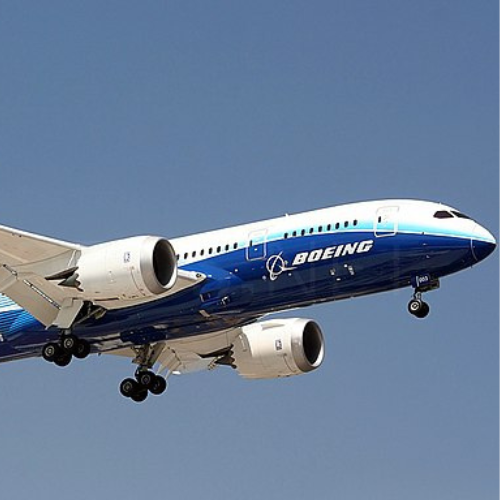Richard Cuevas, a mechanic formerly employed by Strom and a contractor for Spirit Aerosystems, has raised serious concerns about the construction practices used in Boeing’s 787 Dreamliner aircraft. Cuevas alleges that unsafe practices, specifically involving the drilling of holes in crucial structural components, may have compromised the safety and integrity of these aircraft.
Richard Cuevas Raises Allegations
In 2021, during his tenure at Spirit’s Everett in Washington, Richard Cuevas reported encountering improperly drilled holes in the forward pressure bulkheads of multiple 787 aircraft. These bulkheads are vital for maintaining the structural integrity of the aircraft during flight, ensuring the safety of passengers and crew alike. According to Cuevas, these errors were not minor; they could potentially have catastrophic consequences if left unchecked.
Safety Concerns Highlighted
Cuevas asserts that the drilling of these holes was done in a manner that deviated from Boeing’s stringent standards, allegedly to expedite the production process. He described these actions as compromising the aircraft’s power and air pressure systems, posing significant safety risks that could affect numerous aircraft either in production or already delivered to Boeing.
Reporting and Boeing’s Response
In October 2023, Richard Cuevas took his concerns to both Spirit Aerosystems and Boeing, raising alarms about what he perceived as substandard manufacturing and maintenance practices. His allegations, as reported by CNN, include claims that he witnessed attempts to conceal these issues from Boeing after reporting them through proper channels, including Boeing’s ethics hotline.
Boeing, in response to Richard Cuevas’ allegations, stated that they had previously investigated similar concerns raised by a subcontractor’s employee and found no evidence of safety issues. They emphasized their commitment to aviation safety and stated that any issues brought to their attention are thoroughly investigated and addressed through rigorous engineering analysis.
Retaliation and Fallout for Richard Cuevas
However, Richard Cuevas’ advocacy for safety allegedly came at a cost. Following his complaints and subsequent inquiries initiated by Boeing in October 2023, Cuevas claims he faced retaliation. He reported being unexpectedly dismissed from his position in March, citing comments from coworkers insinuating his status as a whistleblower.
Industry Context and Past Incidents
This is not the first time Boeing has faced accusations of compromising safety standards. The company has been under scrutiny for similar issues in the past, including allegations brought forward by other whistleblowers, such as engineer Sam Salehpour. These concerns led to significant disruptions in the delivery of new Dreamliners, as both Boeing and the Federal Aviation Administration (FAA) conducted thorough investigations into production practices.
In 2021, production issues related to the 787 Dreamliner led to the suspension of deliveries for over two years. This was in response to findings that included improperly drilled holes and other assembly problems, impacting Boeing’s reputation and financial stability.
Regulatory Oversight and Public Reaction
The FAA’s involvement in overseeing aircraft safety and compliance adds another layer of scrutiny to Richard Cuevas’ allegations. Requests for comments from Spirit Aerosystems, Strom, and the FAA regarding Cuevas’ claims were unanswered at the time of writing, indicating ongoing developments in this complex narrative.
Public and Industry Reaction
In recent years, Boeing has faced mounting criticism over its handling of safety issues. Multiple whistleblowers have come forward with accounts of compromised safety standards, leading to regulatory interventions and public scrutiny. The company’s response to these allegations will likely influence its reputation and future operations, as stakeholders, including aviation regulators and the flying public, demand accountability and transparency in aircraft manufacturing and maintenance practices.
As Boeing navigates these challenges, the broader aviation industry remains vigilant about safety, emphasizing the critical importance of rigorous quality control and compliance with established standards. Richard Cuevas’ allegations serve as a reminder of the consequences of potential lapses in these processes, highlighting the ongoing efforts to maintain the highest standards of safety in commercial aviation.
The outcome of ongoing investigations and Boeing’s response will determine the impact on its operations and reputation, shaping the future of aircraft manufacturing practices worldwide. The aviation community awaits further developments, hoping for clarity and resolution in addressing these critical safety concerns.


